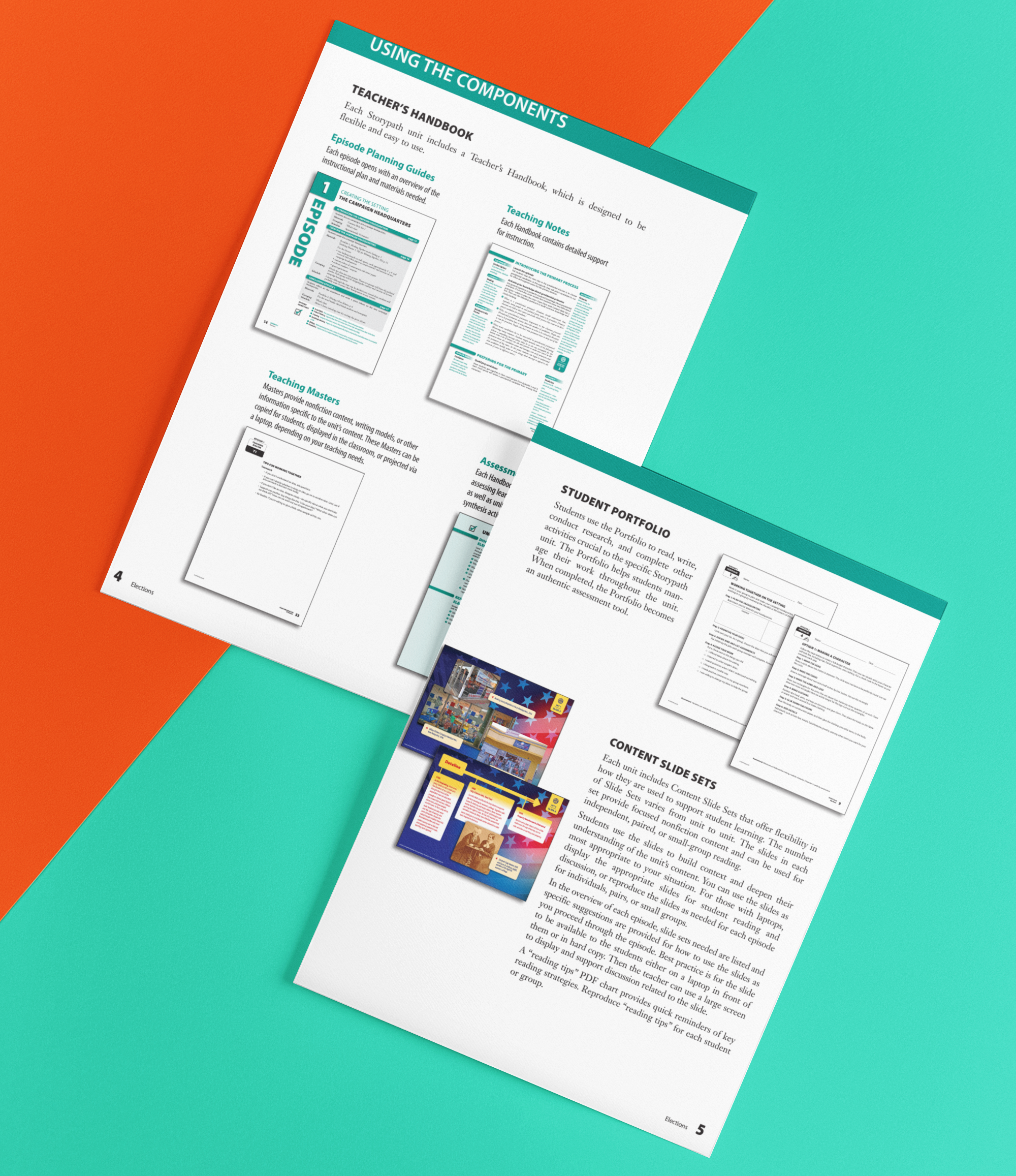
In today’s polarized political environment, teaching about elections can be a delicate challenge. Educators often face concerns from parents or administrators with strong political opinions, fearing backlash if the lessons are perceived as biased. Yet, civic education, especially about elections, is crucial for developing informed citizens. The key to navigating these challenges is to focus on the electoral process rather than the politics of specific candidates or policies. By offering a structured, process-driven approach, teachers can create a classroom environment that encourages understanding of democracy without engaging in partisan discussions.
Civic Learning During an Election Year
Election years offer a unique opportunity to teach students about democracy in action. However, with heightened political discourse in everyday life, educators must strike a balance between engaging students in civic education and avoiding potential conflicts. The solution lies in focusing on the mechanics of elections—how political parties are formed, how campaigns are run, and how voting works—while keeping the discussion away from contentious political figures or party affiliations.
One of the best ways to achieve this balance is through hands-on learning, where students can immerse themselves in the process of elections without feeling pressured to take a side. They can develop a clear understanding of the roles and responsibilities involved in the electoral process, such as those of campaign workers, party organizers, and voters. This provides a safe, neutral space for students to engage with democratic principles, laying the groundwork for civic participation.
Hands-On Learning and Critical Literacy Skills
Storypath’s Elections unit is designed to offer just such an immersive, neutral approach to teaching elections. The curriculum guides students through the creation of their own political parties, campaign headquarters, and electoral strategies, encouraging active engagement with the election process without delving into partisan debates. Students move through the steps of an election—from forming political parties to participating in primaries and a national election, culminating in an inauguration. This narrative-driven structure allows students to explore the democratic process from start to finish.
Crucially, Storypath units emphasize critical literacy skills as part of the learning process. Students are required to read and analyze content to make informed decisions about their campaign strategies. For example, they research historical elections and use this information to build their party’s platform. Writing is also a core component, with tasks such as drafting campaign speeches, creating party slogans, and writing press releases. Speaking and listening skills are continually practiced as students collaborate with their peers to run their campaigns, present their ideas, and participate in debates about campaign issues.
These literacy-rich activities ensure that students are not only learning about elections but are also building essential academic skills. Whether they are writing explanatory texts, reading informational slides, or engaging in group discussions, students are actively developing the reading, writing, speaking, and listening skills that are vital for both civic engagement and overall academic success.

Why Storypath?
Storypath stands out because of its unique combination of experiential learning and literacy integration. The narrative structure of Storypath lessons enables students to become active participants in their learning journey. This method reflects research that shows students learn best when they are engaged in constructing their own knowledge. By involving students in role-playing scenarios, such as running a political campaign or preparing for a national convention, the curriculum fosters critical thinking and problem-solving in real-world contexts.
Moreover, Storypath’s focus on inquiry-based learning encourages students to ask questions and think critically about the material they encounter. For example, when forming their political parties, students must analyze different political issues, collaborate to create a platform, and defend their positions in discussions. This inquiry-based approach strengthens students’ analytical abilities and helps them develop critical thinking skills, which are essential for both civic literacy and overall academic achievement.

Teaching elections in today’s political climate requires careful planning, but it is a necessary part of preparing students to be engaged, informed citizens. By focusing on the structure of the election process rather than the political content, educators can navigate the complexities of civic education while avoiding the risk of controversy. Storypath’s Elections unit offers a powerful solution: it allows students to actively participate in a simulated election while building essential literacy and critical thinking skills. Through reading, writing, speaking, and listening tasks embedded in the lessons, Storypath helps students gain a deep understanding of democracy, ensuring they are equipped to participate in the civic life of their communities.
Dr. Aaron Willis is the Chief Learning Officer for Social Studies School Service. He works with districts around the country to provide resources, strategies, and training to help teachers make meaningful connections with their students. He can be reached via email at [email protected].